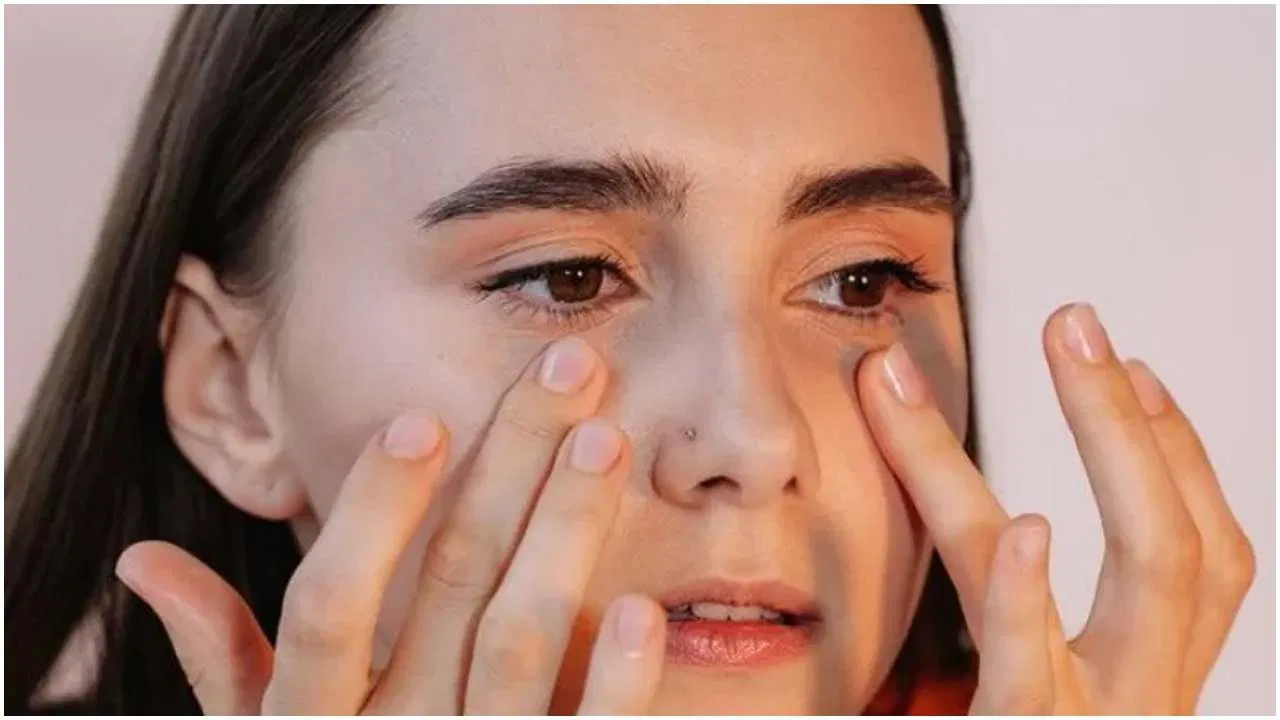Dark circles – those pesky shadows that make you look tired, dull, or even unwell – are a common woe for many of us. While they’re rarely a sign of a serious medical condition, they can be a frustrating cosmetic concern. But fear not! In this article, we’ll delve deep into the world of dark circles, exploring the reasons behind them, and offering tips to tackle them head-on.
Understanding Dark Circles: A Mix of Science and Skin
Dark circles can be caused by a variety of factors, some related to lifestyle and others due to underlying conditions. Here’s a breakdown of the key culprits:
Maruti Suzuki Swift 2024: Booking, features, launch date and price
2024 Bajaj Pulsar 125: Powerful bike with powerful updates!
-
The Skin Under Your Eyes: Thin and Delicate – The skin under your eyes is the thinnest on your entire face. This means that the underlying blood vessels can show through more easily, casting a shadowy appearance.
-
Pigmentation Powerhouse: Melanin Matters – Melanin, the pigment that gives your skin its color, can also play a role in dark circles. People with naturally darker skin tones or those experiencing hyperpigmentation (increased melanin production) may be more prone to them.
-
Sleepless in Seattle (or Delhi!) – We all know the feeling – a night of tossing and turning can leave you looking pale and drawn. When you’re sleep-deprived, the blood vessels under your eyes can dilate, making them more visible and creating that dark circle effect.
-
Allergies: Itchy Eyes, Dark Circles – Allergies can cause inflammation and swelling around the eyes, leading to the appearance of dark circles. The constant rubbing that often accompanies allergies can also irritate the delicate under-eye area and worsen the issue.
-
Dehydration: When Your Skin Cries Out for Help – When you’re dehydrated, your skin loses its plumpness and elasticity. This can make the underlying blood vessels more visible and contribute to the appearance of dark circles.
-
Age is More Than a Number (But it Can Affect Your Eyes!) – As we age, our skin naturally loses collagen, which can lead to thinner, more transparent skin under the eyes. This allows the blood vessels to show through more easily, creating dark circles.
Beyond Lifestyle: Medical Conditions and Dark Circles
While most dark circles are due to lifestyle factors, in some cases, they can be a sign of an underlying medical condition. Here are a few to be aware of:
-
Iron Deficiency Anemia: This condition can cause pale skin and dark circles due to a lack of red blood cells.
-
Thyroid Issues: An underactive thyroid can lead to a number of symptoms, including fatigue, puffy eyes, and dark circles.
-
Eczema and Dermatitis: These skin conditions can cause inflammation and darkening around the eyes.
Shining a Light on Solutions: How to Fight Back Against Dark Circles
While there’s no magic bullet for dark circles, there are ways to reduce their appearance and keep your eyes looking bright and youthful. Here are some tips to consider:
-
Catch Those Zzzzs! Prioritize Sleep – Aim for 7-8 hours of quality sleep each night. This will help reduce puffiness and allow your skin to repair itself.
-
Hydrate from the Inside Out – Drink plenty of water throughout the day to keep your skin plump and hydrated.
-
Minimize the Rub! – Avoid rubbing your eyes, as this can irritate the delicate under-eye area and worsen dark circles.
-
Cool It Down! – Apply a cool compress to your eyes for a few minutes each day to reduce puffiness and constrict blood vessels.
-
Embrace the Power of Sunscreen! – Sun exposure can darken the skin under your eyes. Apply sunscreen daily, even on cloudy days, to protect your delicate skin.
-
Consider Topical Treatments – Look for eye creams that contain ingredients like vitamin C, retinol, or kojic acid, which may help lighten dark circles.
Table: Quick Reference Guide to Dark Circles
| Cause | Effect | Tips |
|---|---|---|
| Thin Under-Eye Skin | Blood vessels show through more easily | Use gentle skincare products and avoid rubbing your eyes. |
| Melanin Production | Increased darkness under the eyes | Consider lightening creams with vitamin C or kojic acid. |
| Sleep Deprivation | Pale skin and dilated blood vessels | Prioritize sleep and practice good sleep hygiene. |
| Allergies | Inflammation and swelling | Manage allergies with medication and avoid rubbing your eyes. |
| Dehydration | Skin loses plumpness and elasticity | Drink plenty of water throughout the day. |
| Age | Collagen loss and thinner skin | Consider topical treatments or consult a dermatologist. |
| Iron Deficiency Anemia | Pale skin and dark circles | Talk to your |



